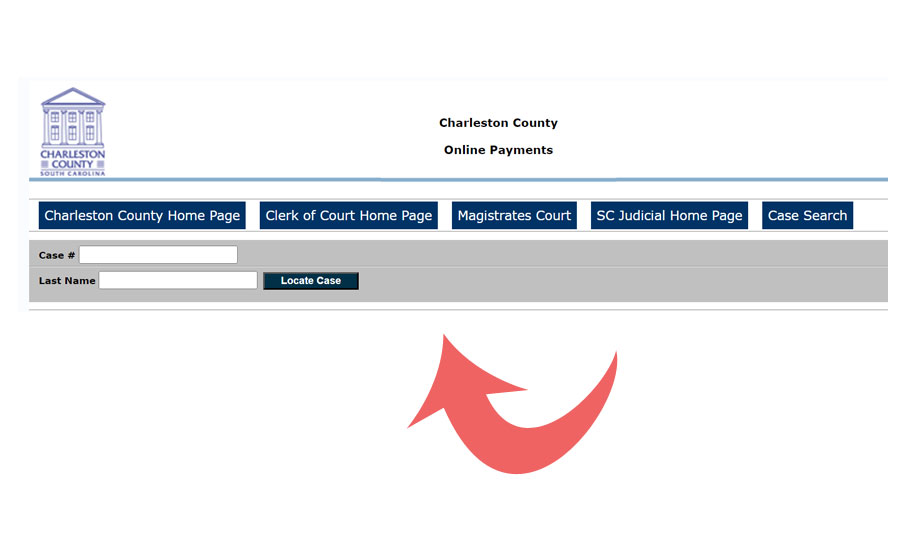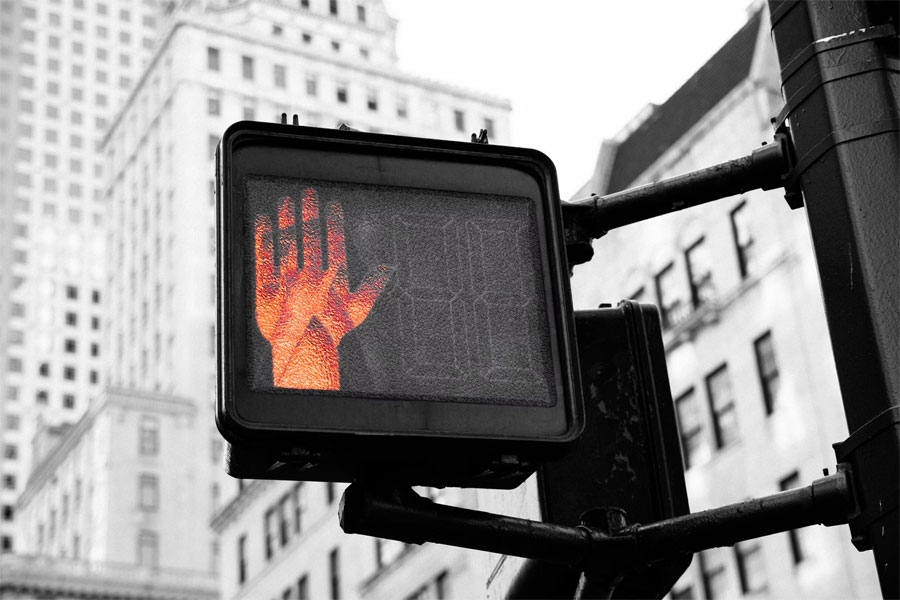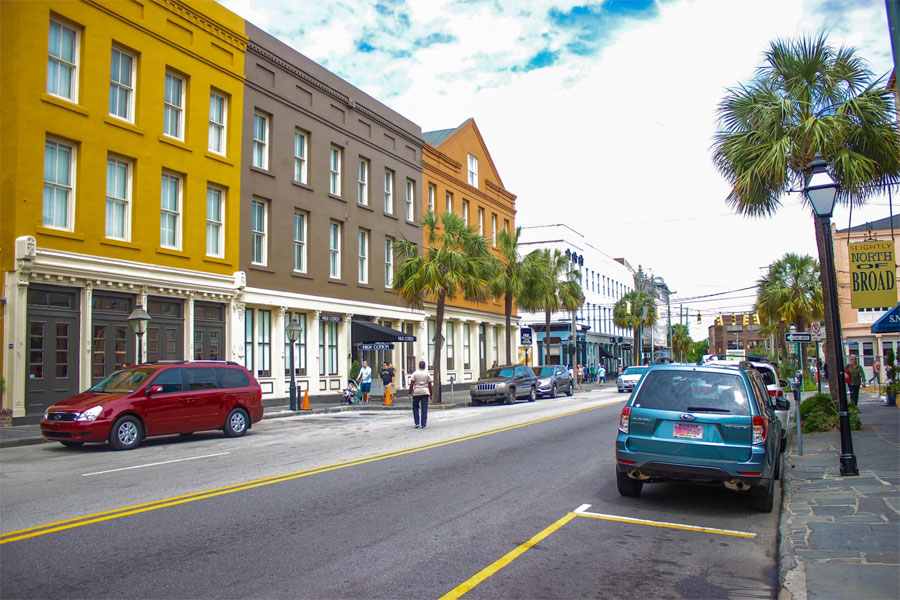The South Carolina Highway Patrol (SCHP) has been indispensable to the safety of travelers across the state since 1930. Encompassing all public roads in South Carolina, including state highways, interstates, and even some county roads (excluding incorporated cities with their own police departments), the organization enforces traffic regulations, investigates collisions, and plays a critical role in deterring criminal activity.
While traffic enforcement is a core function of the agency, the SCHP’s duties extend far beyond just issuing citations. SCHP troopers are often the first responders to accidents, providing medical aid and securing accident scenes. They also play a vital role in DUI (Driving Under Influence) prevention and apprehension and actively participate in criminal investigations that occur on state roadways. Additionally, it offers educational programs to promote safe driving practices for all ages, ultimately boosting its social and cultural presence.
Having said that, being on the wrong side of the traffic laws can prove to be extremely costly, especially when dealing with the South Carolina Highway Patrol. And if you are one of them who has been fined recently, then our thorough guide can help you ensure that you complete the settlement process correctly.
Steps to Pay Traffic Ticket Online
Traffic tickets payable to the South Carolina Highway Patrol should be paid to the South Carolina Department of Public Safety. The ideal way to clear any dues would be to complete the transaction online via the official website. To start the payment process right away, follow the recommended steps laid out below.

- The primary step involves visiting the official traffic ticket payments page for South Carolina Department of Public Safety.
- On the landing page, you have to first select the county or municipality under which the traffic ticket was issued. The name would be mentioned on your traffic ticket, which you already have with you. Keep in mind that not all counties or municipalities support online payments, and if your county or municipality name is not listed among them, then you have to complete the payment in person. Also, remember that it takes around 3–5 days for traffic tickets to be updated in the online system.
- In the next step, you will be required to enter your case or ticket number, which will be an alphanumeric code, and you have to enter it without spaces.
- After entering your ticket number, the system will retrieve the information related to the same and will showcase it on your screen. You will then be asked to proceed with the payment process.
- Once you complete the payment using your debit or credit card, a copy of the receipt will be emailed to you (provided you enter your email address when prompted for receipt confirmation). Otherwise, you can take a printout of the confirmation page.
For any further queries or help, you can get in touch with the South Carolina Department of Public Safety at the following address: 10311 Wilson Boulevard, Post Office Box 1993, Blythewood, SC 29016, TTY 711.
Alternatively, you can contact the South Carolina Highway Patrol authorities via phone at (803) 896-7920 or via email at Webmaster@scdps.gov.
Different Types of Offenses and Penalties

Traffic offenses in South Carolina are generally classified into two categories, namely ‘misdemeanors’ and ‘felonies’. And the severity of the penalties depends on the type of offense, your driving record, and whether the violation resulted in any injuries or property damage.
Talking about’misdemeanor’ traffic offenses, you have speeding, where exceeding the posted speed limit will result in penalties such as fines and infraction points added to your driver’s license. Then you have reckless driving offenses, where driving with disregard for the safety of others will lead to fines, jail time, and license suspension. Some examples of reckless driving include weaving through traffic, following too closely, or driving under the influence of drugs or alcohol (DUI).
Remember that driving without vehicle insurance will also be considered a misdemeanor, where penalties include fines, license suspensions, and even vehicle impediments. You also have offenses such as driving with a suspended or revoked license where the penalty imposed will be of a similar nature. Lastly, other moving violations include running a red light or making improper lane changes.
Besides misdemeanors, you have ‘felony’ traffic offenses, where driving under the influence (DUI) that results in serious injury or death can be charged as a felony. And the penalties for such an action will be severe, including lengthy prison sentences, fines, and driver’s license revocation. Hit-and-run incidents will also be categorized under felonies, where if you are involved in an accident and leave the scene without exchanging information with the other driver(s), you can be charged, especially if there are injuries involved.
Speaking about the driver’s license point system in South Carolina, points are assigned to various traffic violations, and accumulating too many points can lead to license suspension. For instance, improper lane changes will add two points, whereas following too closely to another vehicle (tailgating) will lead to four points. To learn more about the points system, visit here. Finally, you can go through the SCDMV (South Carolina Department of Motor Vehicles) ‘Driver Handbook‘, which provides information on traffic laws and penalties.

